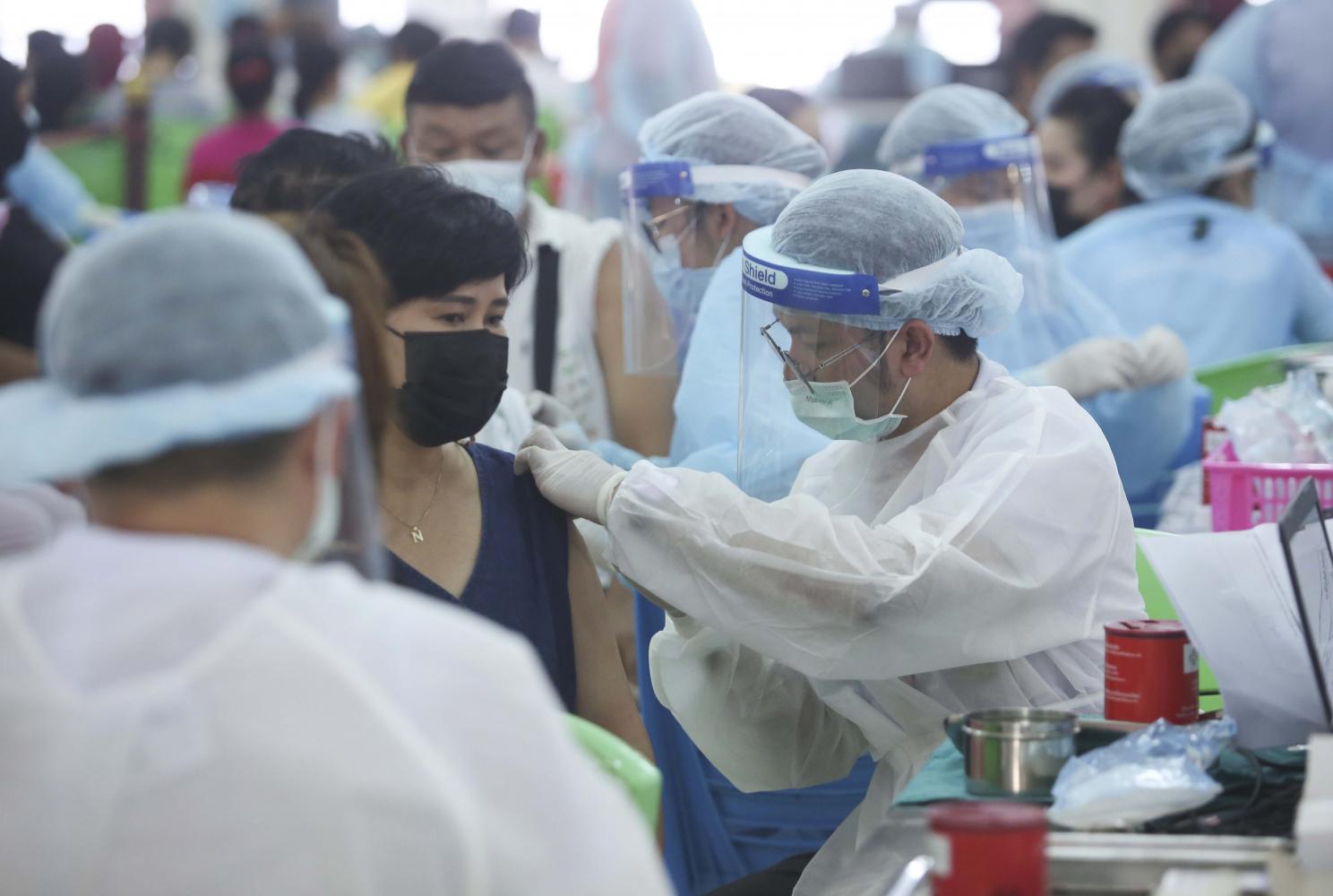
Thailand's manufacturing production index (MPI) in March reached its highest level in 29 months, increasing by 4.12% year-on-year to 107.73 points, an 8.39% rise from February.
The positive results are due partly to the government's economic stimulus packages and the fact that recent restrictions to curb the spread of Covid-19 are not affecting the operations of manufacturers, said Industry Minister Suriya Jungrungreangkit.
He said global economic recovery and the start of Thailand's vaccine rollout has also boosted confidence in the economy.
"The government expects to give vaccines to people in 2021 so the ministry believes the economy will recover and benefit from manufacturing and purchasing power," he said.
The government expects Thailand's economy to recover soon because of its stimulus campaign known as Rao Chana (We Win) and the co-payment campaign which will boost consumer spending.
Thongchai Chawalitpichaet, director-general of the Office of Industrial Economics (OIE), said the government's dispersal of the Covid-19 vaccine will continue to improve the economy.
The OIE said the capacity utilisation rate in March increased to 69.59% from 65.06% in February.
OIE has maintained Thailand's manufacturing production index (MPI) at 2-3% and Thailand industry's GDP at 2.5-3% for 2021.
The office also expects the MPI in April will not be affected by the latest and most severe outbreak of Covid-19 as manufacturing will continue despite lockdown measures and exports will continue to increase as well in line with global economic recovery.
In March, the automotive sector grew by 7.53% due to an increase in sales of pick-up trucks, passenger cars and diesel-powered engines for vehicles. The Bangkok International Motor Show in March also boosted domestic car sales while demand for exports has increased in Asia, Europe and Oceania.
The steel and iron sector grew by 19.19% due to increased demand for cold-rolled steel, zinc-coated steel, wire rod steel, rebar and hot-rolled structural steel.
The sugar sector grew by 26.89% in March due to demand from sugar mills.
The market for wooden furniture grew by 42.76% thanks to an increase in orders from the United States.
Finally, the animal feed industry grew by 15.48% as a result of demand for cat and pig food.